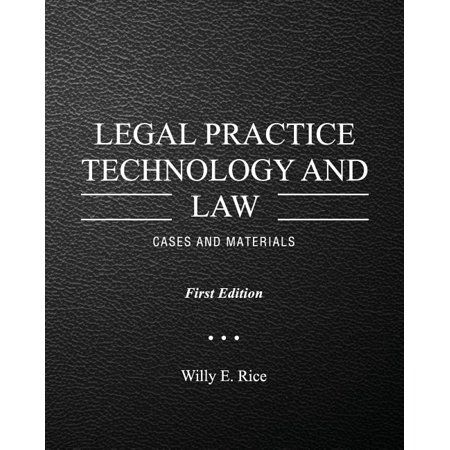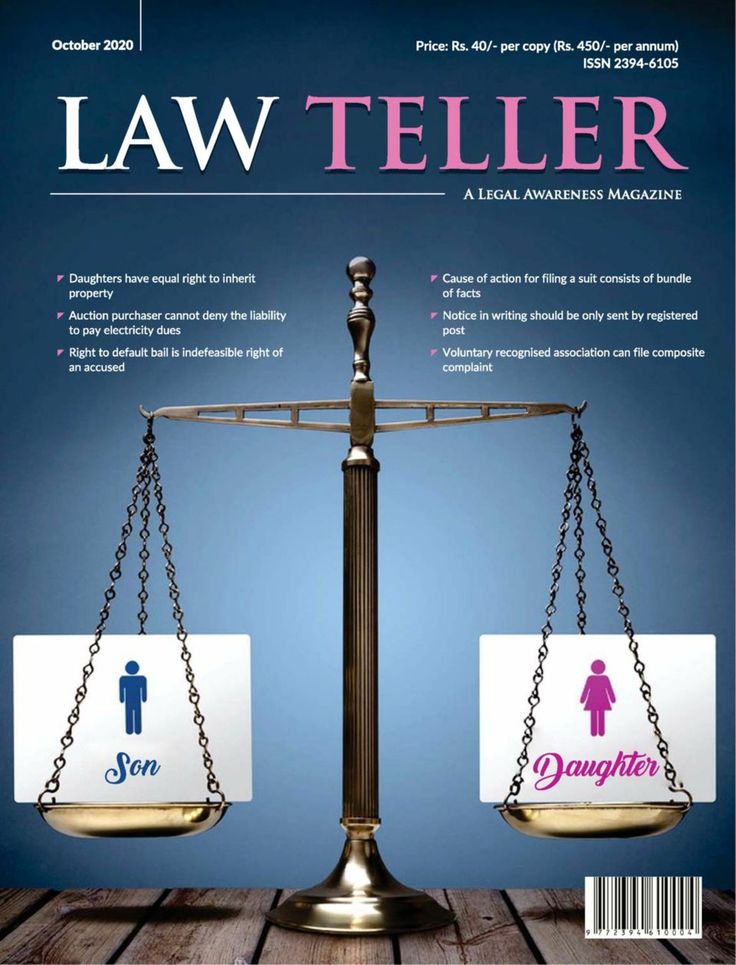



Introduction
Business Law Cases serve as the backbone of commerce, ensuring that companies operate fairly, ethically, and within the boundaries of the law. Throughout history, certain business law cases have stood out due to their significant impact on the corporate world. These cases not only resolve disputes but also set legal precedents that continue to influence how businesses operate today. In this post, we’ll explore ten unforgettable business law cases that have left an indelible mark on the corporate landscape.
The legal battle between Apple Inc. and Samsung Electronics Co., Ltd. is one of the most iconic intellectual property cases in recent history. Apple sued Samsung in 2011, alleging that Samsung had copied the design and functionality of the iPhone. Apple claimed that Samsung’s smartphones infringed on several of its patents, including the design of the iPhone’s rounded corners, the grid layout of icons, and the functionality of the “bounce-back” feature when scrolling.
The case resulted in a jury awarding Apple over $1 billion in damages, although this amount was later reduced through appeals. The legal battle between the two tech giants highlighted the importance of protecting intellectual property in the fiercely competitive technology industry. It also set a precedent for future patent disputes, underscoring the need for companies to innovate while respecting the intellectual property rights of others.
The Apple v. Samsung case has had a lasting impact on how companies approach product design and development, leading to more cautious and strategic efforts to avoid infringement. It also emphasized the value of securing patents to protect a company’s innovations from being copied by competitors.

In 2010, the U.S. Supreme Court delivered a landmark decision in Citizens United v. Federal Election Commission, fundamentally changing the landscape of political campaign finance. The case centered around whether the government could restrict corporations and unions from spending money on political advertising. Citizens United, a conservative non-profit organization, sought to air a film critical of then-presidential candidate Hillary Clinton and challenged the constitutionality of the Federal Election Commission’s restrictions.
The Supreme Court ruled in a 5-4 decision that corporations and unions have the same free speech rights as individuals under the First Amendment. This decision allowed corporations to spend unlimited amounts of money on political campaigns, as long as the spending was independent of the candidates. The ruling has had profound implications for business law, particularly in the areas of corporate governance, campaign finance, and political influence.
Critics argue that the Citizens United decision has led to an outsized influence of wealthy corporations in politics, potentially skewing the democratic process. Supporters, however, view the ruling as a victory for free speech, allowing businesses to express their views on political matters. The case remains a controversial and highly debated topic in both legal and political circles.
The Enron scandal is one of the most infamous corporate fraud Business Law Cases in history, resulting in the collapse of Enron Corporation, once one of the largest energy companies in the world. The scandal came to light in 2001 when it was revealed that Enron had been using complex accounting practices to hide its financial losses and inflate its profits. The company’s executives engaged in fraudulent activities, including the manipulation of financial statements and the creation of off-balance-sheet entities to conceal debt.
As the truth about Enron’s financial situation emerged, the company’s stock plummeted, and it filed for bankruptcy in December 2001. The scandal also led to the downfall of Arthur Andersen LLP, Enron’s auditing firm, which was found guilty of obstruction of justice for destroying documents related to the case.
In response to the Enron scandal, the U.S. Congress passed the Sarbanes-Oxley Act in 2002, a sweeping reform designed to improve corporate governance and enhance the accuracy and reliability of corporate financial reporting. The law introduced stringent regulations for publicly traded companies, including requirements for independent audits, the establishment of internal controls, and greater accountability for corporate executives.
The Enron scandal serves as a cautionary tale about the dangers of unethical behavior and poor corporate governance. It underscores the importance of transparency, accountability, and ethical conduct in the business world.
While Roe v. Wade is primarily known as a landmark case in the realm of reproductive rights, its implications for Business Law Cases are significant and far-reaching. The 1973 U.S. Supreme Court decision legalized abortion nationwide, affirming a woman’s right to choose. However, the case also had a ripple effect on corporate policies related to healthcare benefits, employee rights, and ethical responsibilities.
In the years following Roe v. Wade, businesses faced new challenges in navigating the complex legal landscape of providing healthcare benefits that align with both legal requirements and ethical considerations. Companies have had to address issues such as coverage for reproductive healthcare services, including abortion, in their employee benefits plans. Additionally, the decision has sparked ongoing debates about the extent to which businesses should accommodate the personal beliefs of their employees and customers.
The implications of Roe v. Wade for business law extend beyond healthcare. The Business Law Cases have influenced corporate policies on diversity, inclusion, and employee rights, particularly in the context of providing equitable benefits and respecting the autonomy of employees. As the legal and political landscape continues to evolve, businesses must remain vigilant in adapting their policies to comply with changing laws while balancing ethical considerations.
The United States v. Microsoft Corporation case, filed in 1998, is one of the most significant antitrust Business Law Cases in U.S. history. The U.S. Department of Justice accused Microsoft of maintaining a monopoly in the personal computer operating system market through anti-competitive practices. The government’s case centered on Microsoft’s bundling of its Internet Explorer web browser with its Windows operating system, which it argued stifled competition and harmed consumers.
In 2000, U.S. District Court Judge Thomas Penfield Jackson ruled that Microsoft had violated antitrust laws and ordered the company to be split into two separate entities. However, the ruling was overturned on appeal, and a settlement was reached in 2001. The settlement imposed restrictions on Microsoft’s business practices, including requirements to share its application programming interfaces (APIs) with third-party companies and to allow computer manufacturers more flexibility in installing non-Microsoft software.
The Microsoft antitrust case set a precedent for how antitrust laws are applied to the technology industry. It also highlighted the challenges of regulating rapidly evolving markets and the balance between fostering innovation and preventing monopolistic practices. The case remains a key reference point for ongoing discussions about competition and regulation in the tech sector.
The 1954 Supreme Court case, Brown v. Board of Education, is best known for its role in ending racial segregation in public schools, but its impact on Business Law Cases is also significant. The court’s unanimous decision that “separate but equal” facilities were inherently unequal not only transformed the American education system but also had far-reaching implications for corporate policies on diversity, inclusion, and equal employment opportunities.
Following the Brown v. Board of Education ruling, Business Law Cases across the United States were compelled to reevaluate their practices related to hiring, promotion, and workplace diversity. The case laid the groundwork for the Civil Rights Act of 1964, which prohibited discrimination based on race, color, religion, sex, or national origin in employment, education, and public accommodations. This legislation, in turn, led to the establishment of equal opportunity policies and affirmative action programs within corporations.
Brown v. Board of Education’s influence on Business Law Cases extends to modern diversity and inclusion initiatives. Companies today are increasingly focused on creating inclusive workplaces that reflect the diverse communities they serve. The case serves as a reminder of the importance of equality and non-discrimination in the business world.

The 1911 Supreme Court case, Standard Oil Co. of New Jersey v. United States, is a landmark antitrust case that led to the breakup of the Standard Oil Company, one of the largest and most powerful monopolies in American history. The case was brought by the U.S. government under the Sherman Antitrust Act of 1890, which aimed to prevent monopolistic practices and promote fair competition.
The Supreme Court ruled that Standard Oil’s monopoly was an unreasonable restraint of trade and ordered the company to be divided into 34 independent companies. This decision marked the first major application of the “rule of reason” in antitrust law, which evaluates whether a business practice is reasonable and promotes competition.
The breakup of Standard Oil had a profound impact on the American economy and set a precedent for future antitrust cases. It also paved the way for the development of modern antitrust enforcement, ensuring that no single company could dominate a market to the detriment of consumers and competitors.
The legacy of the Standard Oil case is still felt today, as antitrust laws continue to play a critical role in regulating business practices and maintaining competition in various industries.
Tesla, Inc.’s legal battles with the state of Michigan and other states over the right to sell its electric vehicles directly to consumers without going through traditional dealerships have significant implications for Business Law Cases. Tesla’s direct-to-consumer sales model challenges long-standing state laws that require car manufacturers to sell vehicles through franchised dealerships.
In 2014, Michigan passed a Business Law Case prohibiting direct sales by automakers, effectively banning Tesla from selling its vehicles in the state. Tesla filed a lawsuit against Michigan, arguing that the law violated the Commerce Clause of the U.S. Constitution by discriminating against out-of-state Business Law Cases and protecting
in-state dealerships from competition.
The legal battle between Tesla and Michigan, along with similar cases in other states, has sparked a broader debate about the role of state laws in regulating Business Law Cases practice and the need for innovation in the automotive industry. The outcome of these cases will have a significant impact on the future of direct sales models, not only in the automotive industry but also in other sectors that seek to bypass traditional distribution channels.
Tesla’s fight for the right to sell directly to consumers highlights the challenges that innovative companies face when confronted with outdated regulations and entrenched interests. It also underscores the importance of legal advocacy in shaping the business landscape and driving change.

The 2014 Supreme Court case, Daimler AG v. Bauman, addressed the issue of whether U.S. courts have jurisdiction over foreign corporations in Business Law Cases involving alleged human rights violations that occurred outside the United States. The case involved a group of Argentinian plaintiffs who sued Daimler AG, a German corporation, in a California court, alleging that the company had collaborated with the Argentinian government during the “Dirty War” to commit human rights abuses.
The Supreme Court ruled in favor of Daimler, holding that U.S. courts do not have general jurisdiction over foreign corporations based solely on the fact that the company has a subsidiary or business operations in the United States. The court’s decision significantly limited the ability of plaintiffs to bring lawsuits against foreign corporations in U.S. courts for actions that occurred abroad.
The Daimler AG v. Bauman case has important implications for multinational corporations and their exposure to legal risks in different jurisdictions. It also highlights the complexities of international Business Law Cases and the challenges of holding corporations accountable for actions that occur outside their home countries.
The ruling has influenced subsequent cases involving jurisdictional issues and has prompted companies to carefully consider their legal strategies when operating in multiple countries.
The 2018 Supreme Court case, Epic Systems Corp. v. Lewis, addressed the enforceability of arbitration agreements that require employees to resolve disputes through individual arbitration rather than class-action lawsuits. The case involved a group of employees who sued their employer, Epic Systems, for wage and hour violations, arguing that the company’s arbitration agreements violated their rights under the National Labor Relations Act (NLRA).
The Supreme Court ruled in favor of Epic Systems, holding that arbitration agreements requiring individual arbitration are enforceable under the Federal Arbitration Act (FAA). The decision has had a significant impact on employment law, as it effectively limits employees’ ability to pursue collective legal action against their employers.
The Epic Systems Business Law Cases have led to an increase in the use of arbitration agreements by employers, as they seek to minimize the risks and costs associated with class-action lawsuits. However, the decision has also sparked debate about the fairness of arbitration agreements and their impact on workers’ rights.
The case underscores the importance of understanding the legal implications of arbitration agreements and the need for businesses to carefully consider their use in employment contracts.
Conclusion
These ten unforgettable business law cases have shaped the corporate world in profound ways, influencing everything from intellectual property rights and corporate governance to antitrust enforcement and jurisdictional issues. Each case serves as a reminder of the critical role that the legal system plays in regulating Business Law case practices and ensuring that companies operate within the bounds of the law. As the Business Law Cases landscape continues to evolve, these cases will continue to serve as important reference points for legal professionals, business leaders, and policymakers alike.
FAQ Section
Q1: What is the significance of Apple Inc. v. Samsung Electronics Co., Ltd.?
Q2: How did the Citizens United ruling affect Business Law Cases?
Q3: What was the outcome of the Enron scandal?
Q4: Why is the Microsoft antitrust case important?
Q5: How did Roe v. Wade impact corporate policies?
Q6: What was the impact of the Standard Oil case?
Q7: What does the Tesla v. Michigan case signify?
Q8: How did Daimler AG v. Bauman affect multinational corporations?
Q9: What was decided in Epic Systems Corp. v. Lewis?
Q10: How do these cases continue to influence the corporate world?
For More Information click Here
This expanded content provides a comprehensive overview of each case, along with its significance and impact on business law. It ensures that readers not only understand the facts of the cases but also their broader implications for the corporate world.